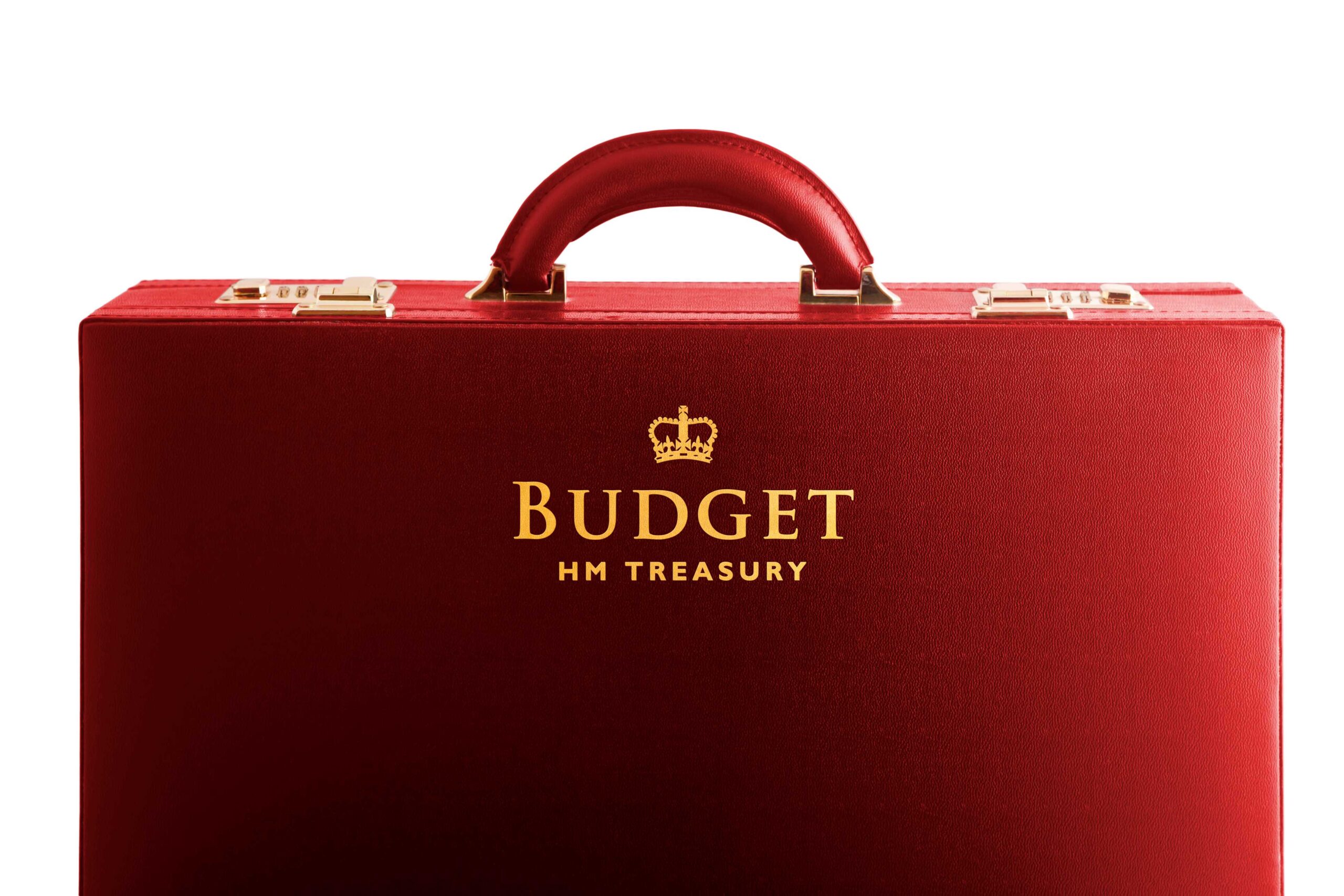
We now have a clear understanding of how much the main State Pension will increase next April.
That the State Pension triple lock was not going to change was a consistent commitment in the election manifestos of all major political parties – Labour, Conservative and Liberal Democrats. In truth, once one party had nailed its colours to the mast, the others had no choice but to follow suit, given the size of the voting constituency represented by State pensioners.
As a reminder, the triple lock increases the new and old State Pension (not any additional or graduated pension or protected payments under the new State pension) by the greater of:
- The annual rise in prices to September as measured by the Consumer Prices Index (CPI).
- The annual increase in average regular earnings (including bonuses) for the May to July period.
- A guaranteed minimum increase of 2.5% per year despite fluctuations in inflation or earnings.
Inflation looks likely to be over 2% – the CPI figure for August was 2.2%. The annual increase in average regular earnings has already been announced as 4.0%. As that is greater than inflation is anticipated to be, and clearly more than 2.5%, the triple lock increase is set to be 4.1%. That would take the new State Pension up to £230.25 a week and the old State Pension to £176.45.
Had bonuses been excluded, the earnings growth figure would have been 5.1%. There is often little difference between the two measures with the 1.1% gap being a statistical quirk which sometimes crops up in an annual comparison. In June and July 2023, there were one-off non-consolidated payments to NHS and Civil Service staff which were not paid out in 2024. This distorts the year-on-year comparison given the size of the public sector workforce.
In 2023, when the one-off payments were paid, the May to July annual earnings growth was initially calculated as 8.5% including bonuses and 7.8% without. At the time, the previous government is said to have considered changing the earnings feature of the triple lock to exclude bonuses, which would avoid the higher increase. Ironically, its decision now benefits the new government by having to make smaller State Pension increases.





